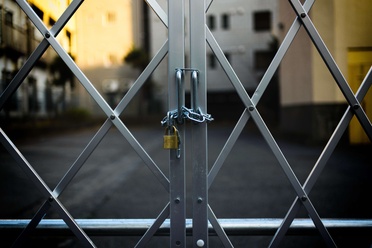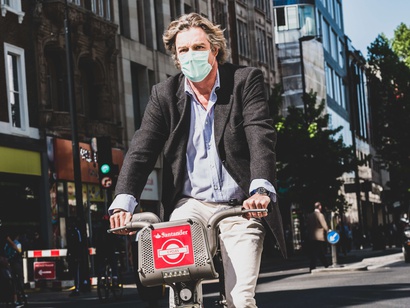When our body turns against us, against its own organs and destroys itself little by little, that's what we call an autoimmune disease. These have been growing and flourishing for many years. For example: Crohn's disease, lupus, Hashimoto's thyroiditis, rheumatoid arthritis, Addison's disease, multiple sclerosis, etc. Painful and disabling, these diseases are chronic inflammatory types and progress in flare-ups over time.
What is the immune system?

The immune system allows the body to define what is its own and what is not. It is therefore able to sort out and destroy unwanted elements that are not suitable for it. So viruses, bacteria and other foreign and exogenous germs are eliminated from our body. By creating specific antibodies and lymphocytes, the body can then fight against unwelcome enemies. In this case, we have a fully functioning immune system that is not overwhelmed by disease.
Scientific research in recent years leads to evidence that there are environmental factors that increase the risk of autoimmune diseases. Indeed, external elements can be responsible for our health or aggravate their impact on our body. This is why it is important today to take control of our health behavior and adapt it for an optimal physical well-being.
The autoimmune disease.
An autoimmune disease requires the body, the immunity, to turn against its own organs if a disturbance occurs. Also, it has been shown that thedeveloped countries like ours have the highest percentage of autoimmune diseases because we are the populations that wash the most and use the most antibiotics. Indeed, the more we kill our bacteria, the more we sanitize ourselves, the less our body has to work to kill germs and make our immune system work. From then on, the organism no longer knows how to self-regulate.

Our pollution and the microbes we live with are sometimes necessary for our immune system to work properly.
Forget, then, about sanitization, which can be a danger.
- So let's adapt our daily hygiene and washing frequencies by bathing or showering. Let's find a middle ground by showering once a day, which is more than enough, and advising our non-pubescent children who have not sweated like adults to shower only every other day, or even every third day. A baby, a child is not soiled by one day. A simple wash down with a sink and clean water is sometimes more than enough to remove the little dirt of a child's daily life.
- Let's also regulate our intake of antibiotics, if and only if, it is necessary and there are no other solutions to treat the medical problem.
Indeed, this type of medication neutralizes everything in its path and no longer gives the immune system the opportunity to defend itself.
Let's give our children a chance to protect themselves.

Scientific evidence and experiments prove it. Thechildren not living in sanitized places and cleaned with very chemical products are less affected by this kind of diseases but also by allergies or asthma for example. Let's not stop our kids from getting dirty in the country, rolling around in the grass or playing on the floor on a tile floor that wasn't cleaned a few minutes earlier. The microbes that they will come into contact with may be necessary to create a functional immune system.



